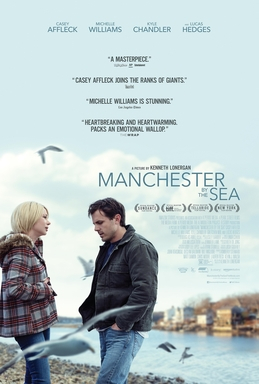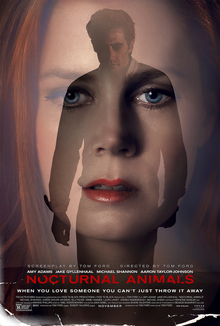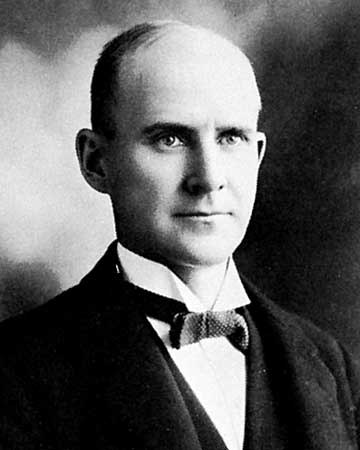
Stefan Zweig was an Austrian writer who was enormously popular in the first half of the twentieth century, although his writings have since fallen out of fashion. A Jew, he fled his native Austria after the Nazis came to power in Germany. He went first to Britain, then to the United States, and finally to Brazil. He was impressed by what he saw as a lack of racism in that country. He believed that Brazil represented the future of humanity. In 1942, depressed over the success of the Axis forces, he killed himself.
Stefan Zweig: Farewell to Europe, directed by Maria Schrader, based upon a screenplay by Schrader and Jan Schomburg, depicts the final years of Zweig’s life. What is refreshing about this film is that, unlike most biopics, it doesn’t try to impose a story arc on the subject’s life. Instead, we are simply shown scenes from Zweig’s life. We learn about Zweig’s relations with his family and about his deeply conflicted feelings about his role as a public intellectual. We get a sense of Zweig’s deep humanity and his consideration for other people. The final scene dealing with his death is understated and profoundly moving. This is one of the best films that I have seen so far this year.









